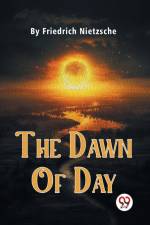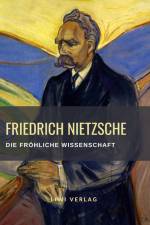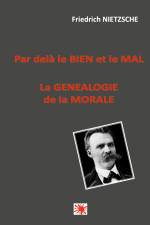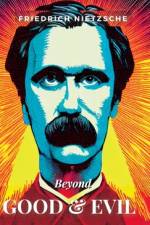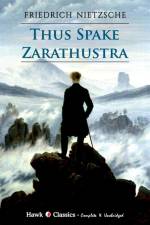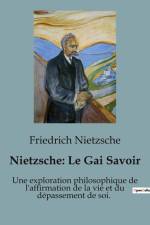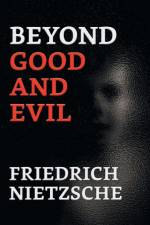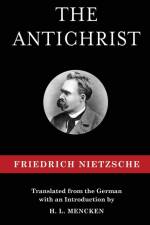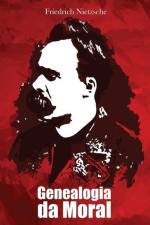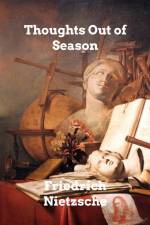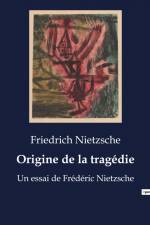von Friedrich Nietzsche
24,00 €
"Le Gai Savoir" de Friedrich Nietzsche, l'auteur incontournable de "Ainsi parlait Zarathoustra" et "Par-delà le bien et le mal", est un travail philosophique audacieux qui explore des thèmes centraux tels que la volonté de puissance, l'optimisme affirmatif, la critique de la morale traditionnelle, et le concept innovant d'éternel retour. Nietzsche nous guide à travers un monde libéré des entraves de la métaphysique traditionnelle, proposant une vision de la vie qui célèbre l'existence joyeuse et libre.L'ouvrage est organisé en aphorismes distincts, couvrant un éventail de sujets, y compris la philosophie, la psychologie, la religion, la morale et la culture. Nietzsche propose l'idée révolutionnaire du "surhomme", un idéal d'individu qui transcende les limites humaines pour créer sa propre signification et ses propres valeurs, un concept qui trouve écho dans ses ¿uvres ultérieures."Le Gai Savoir" est un trésor de la philosophie occidentale, explorant profondément la condition humaine et la nature de la réalité. Nietzsche nous défie de dépasser les limites imposées par la société et de nous engager dans une quête éclairée de la connaissance et de l'auto-amélioration.Mots-clés décrivant cet ouvrage : Friedrich Nietzsche, Le Gai Savoir, philosophie occidentale, Ainsi parlait Zarathoustra, Par-delà le bien et le mal, volonté de puissance, critique de la morale, éternel retour, surhomme, aphorismes, philosophie Nietzsche, psychologie Nietzsche, religion, culture, métaphysique, affirmation de la vie, dépassement de soi, condition humaine, réalité, connaissance, auto-amélioration, Nietzsche en français, livres de philosophie, penseurs influents, classiques de la philosophie.



